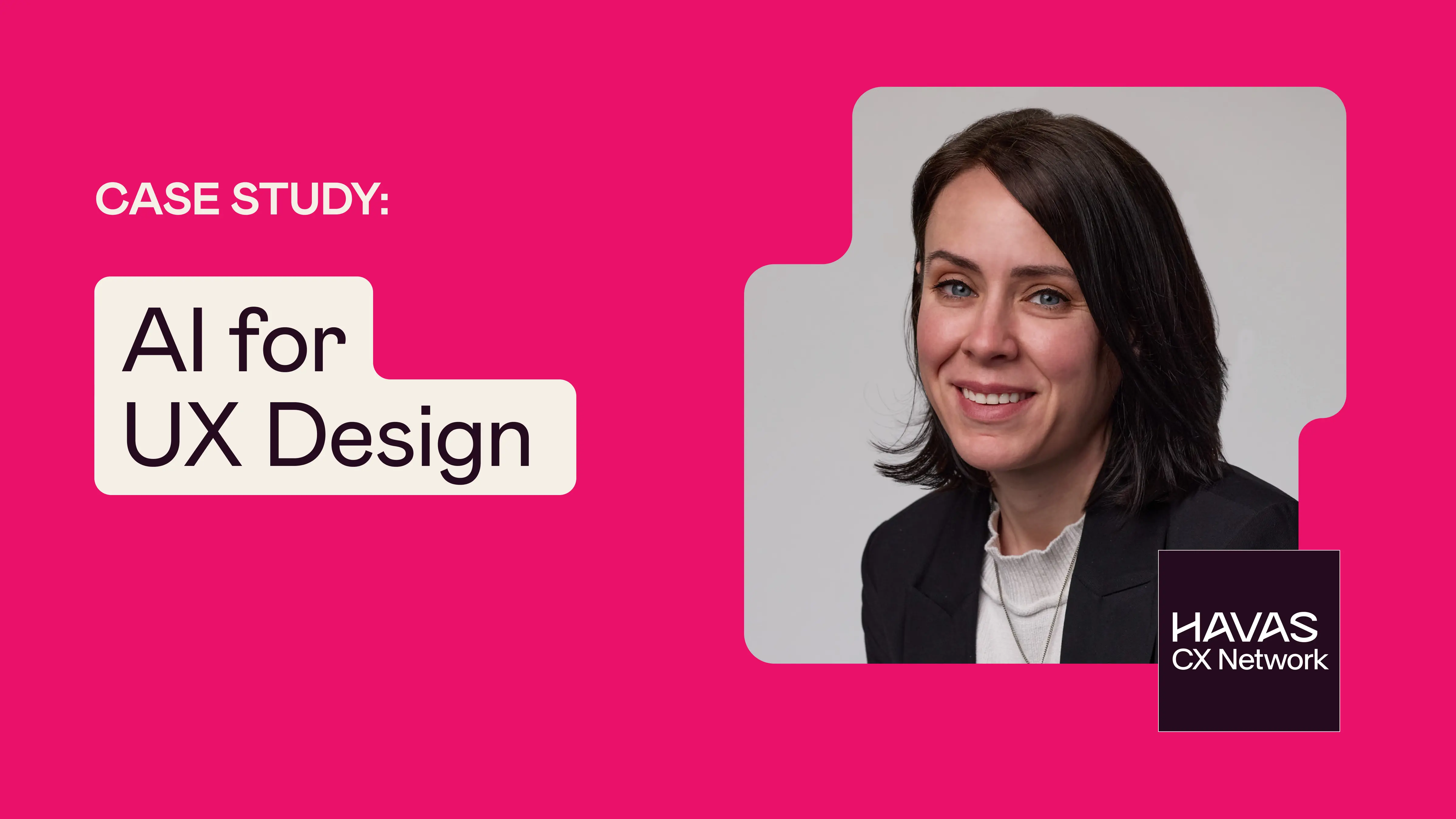Challenge
ClearView Healthcare Partners, a leading independent life-science strategy consultancy, recognized an increasing demand for quantitative research expertise within their Expert Research Solutions (ERS) team. As their projects began to blend qualitative and quantitative methods more frequently, there was a clear need to enhance their survey design skills to improve support for consulting teams.
"We're seeing a lot more projects that are single-staffed on the billable end that have qualitative and quantitative research," explained one senior research coordinator. "The goal was to bring our thought partnership to a new level."
When searching for training solutions, the team faced a unique challenge: finding a program that bridged user research principles with healthcare market research applications. Many available programs focused solely on either user research or general survey design, without addressing their specific industry context.
.jpeg)
Solution
In response to ClearView's specific needs, Designlab developed a tailored 8-week survey design training program, which was created to bridge the gap between user research principles and the specific applications needed for healthcare market research. This training was created from the ground up by working with ClearView to gain a holistic understanding of their educational needs.
Designlab has a robust network of design experts across a wide range of specialties and industries from which to build client training. Mark Vachon, a seasoned mentor with a decade of experience at Intuit and a deep understanding of user research, led the creation and delivery of the training. Mark’s expertise was instrumental in customizing the content to address the nuances of healthcare research.
Key Features
The training included:
- Weekly sessions that alternated between theoretical lectures and hands-on practical application.
- Individual project development with ongoing personalized feedback.
- Live presentations and discussion sessions to foster a collaborative learning environment.
- Comprehensive coverage of survey design principles tailored to the healthcare industry context.
Of the live collaborative sessions, one participant noted: "I found the actual discussion pieces where we would present our findings to be the most beneficial, just seeing what the rest of the class did, and then getting live feedback from Mark."
.jpeg)
Project Application
As part of the training, each participant developed a project throughout the duration of the program that targeted a specific topic aligned with real-world healthcare challenges, with the goal of designing a comprehensive survey. Topics ranged from collecting feedback from psychiatrists on the efficacy of medication versus therapy, understanding patient experience with the ease of use for Medicaid-assisted treatments, researching ketamine for treatment-resistant depression, and more.
Results
Participants gained a holistic understanding of survey design principles specifically applicable to healthcare market research. One participant noted, "Being able to put it all together and having that more holistic understanding of surveys, and being able to be mindful and purposeful about how we structure questions... was what I learned most."
Key Learnings:
- Audience-specific optimization: Tailoring survey designs to effectively engage different healthcare stakeholders such as patients and physicians.
- Question refinement: Streamlining questions to focus sharply on the core objectives.
- Language adaptation: Modifying scientific language to ensure clarity and accessibility for all survey respondents
.jpeg)
Organizational Implementation
The team is now preparing to share what they have learned across the organization. They're developing an internal presentation to demonstrate how the training can be applied both to their current roles and to wider company initiatives.
This foundation in survey design has positioned the ERS team to provide enhanced support for ClearView's quantitative research initiatives, strengthening their ability to deliver comprehensive insights to their healthcare clients.
Interested in having Designlab create a custom training for your design team? Learn more about our training options for design teams, or set up a time to talk with us one-on-one.



.svg)
.webp)













